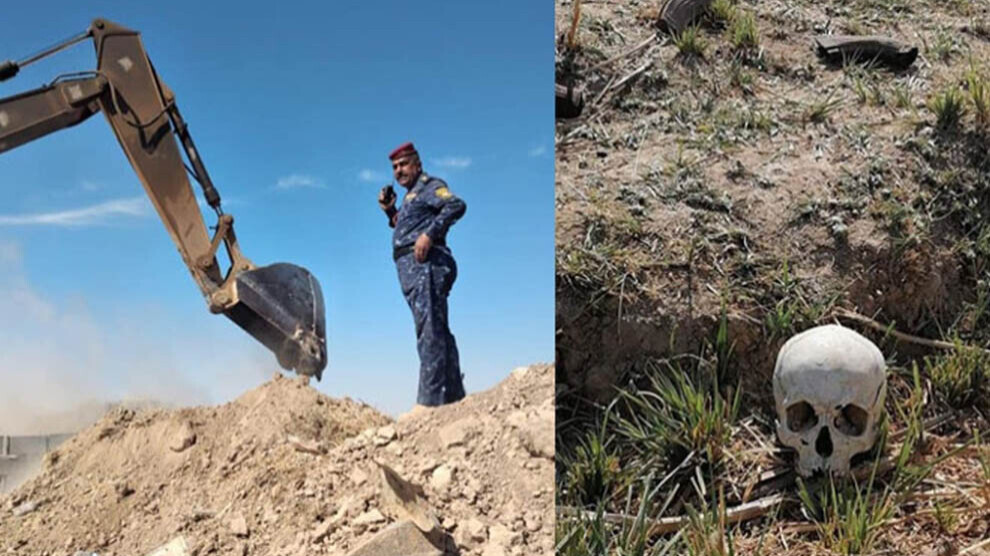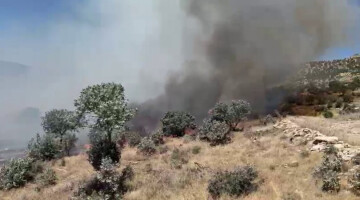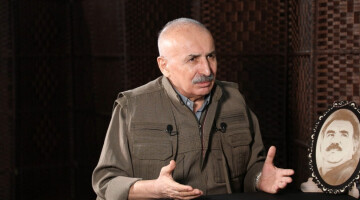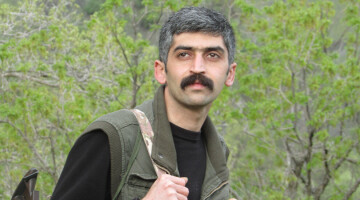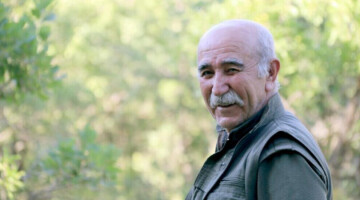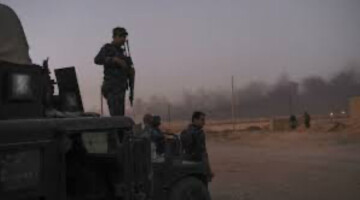Iraqi forces have discovered a mass grave near the city of Kirkuk, a controversial area located between Baghdad and Hewlêr [Erbil]. The remains of 45 victims of the terrorist militia "Islamic State" (IS) are buried there, according to a spokesman for the Iraqi federal police. The mass grave was found on the edge of an operation in Riyaz, a residential area in the Hawija district. The grave was laid out between 2014 and 2017, when the IS had large parts of the country under its control. The security authorities suspect that the victims are inhabitants of the nearby village of Dawd al-Aluka.
It is said that the bone finds will now be subjected to genetic analysis in a laboratory in Baghdad and then matched with a gene database of people who are searching for their missing relatives.
At the end of 2017 Iraq announced victory over the so-called IS. In 2014, the militia had taken control of almost a third of Iraq and proclaimed from the northern Iraqi province of Mosul a caliphate, which also included large parts of Syria. By the end of 2018, the United Nations had discovered 202 mass graves in the former territory of the terrorist organization in Iraq, in which up to 12,000 murdered people are suspected to be buried, including women, children, elderly, physically disabled, as well as police officers and soldiers. All of these graves have not been excavated yet. More places of such mass burials have been found in the past two years.
IS reorganizes itself
For months now, the IS, which was thought to have been defeated, has been emerging with increased intensity, both in Iraq and in Syria. The jihadists are not only profiting from Coronavirus pandemic, however, but also from the conflicts in the region, for which Turkey is either directly responsible or involved. Above all, the IS has been massively strengthened by the Turkish invasion of northern Syria that began last October. Jihadists who had managed to escape into the desert in the Syrian-Iraqi border region in the course of the liberation offensive "Cizire Storm” of the Syrian Democratic Forces (SDF) were able to reorganize themselves largely unhindered. Since then, attacks and suicide bombings by IS cells, as well as firefights, have become increasingly frequent in the region.
In Iraq, places in Salahaddin, Diyala, Nineveh and Kirkuk are particularly affected. The attacks are mainly directed against military targets such as the Iraqi armed forces and the Shiite militia alliance Hashd al-Shaabi, also known as the People's Mobilization Force. However, the Peshmerga of Southern Kurdistan and the civilian population are also frequently targeted by the IS. In Syria, the cells of the militia are mainly active in eastern regions like Deir ez-Zor.

